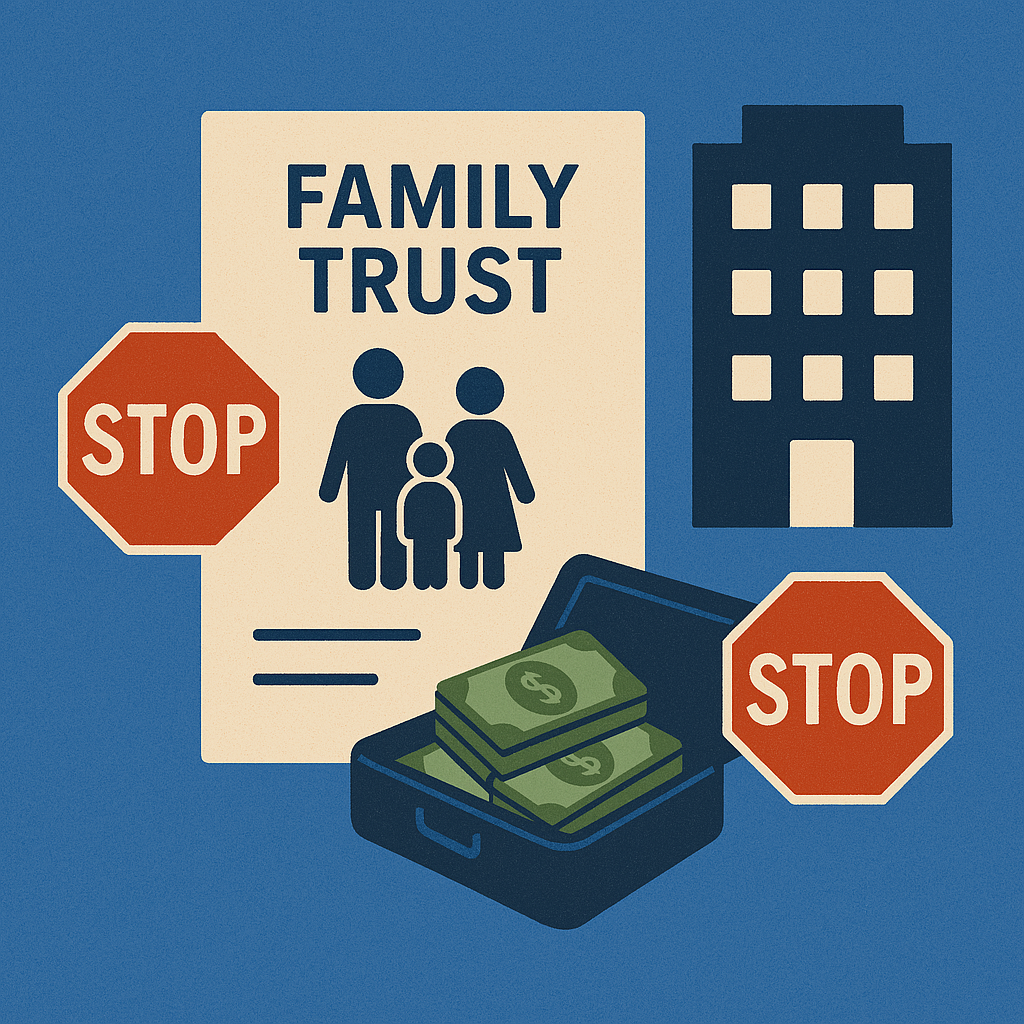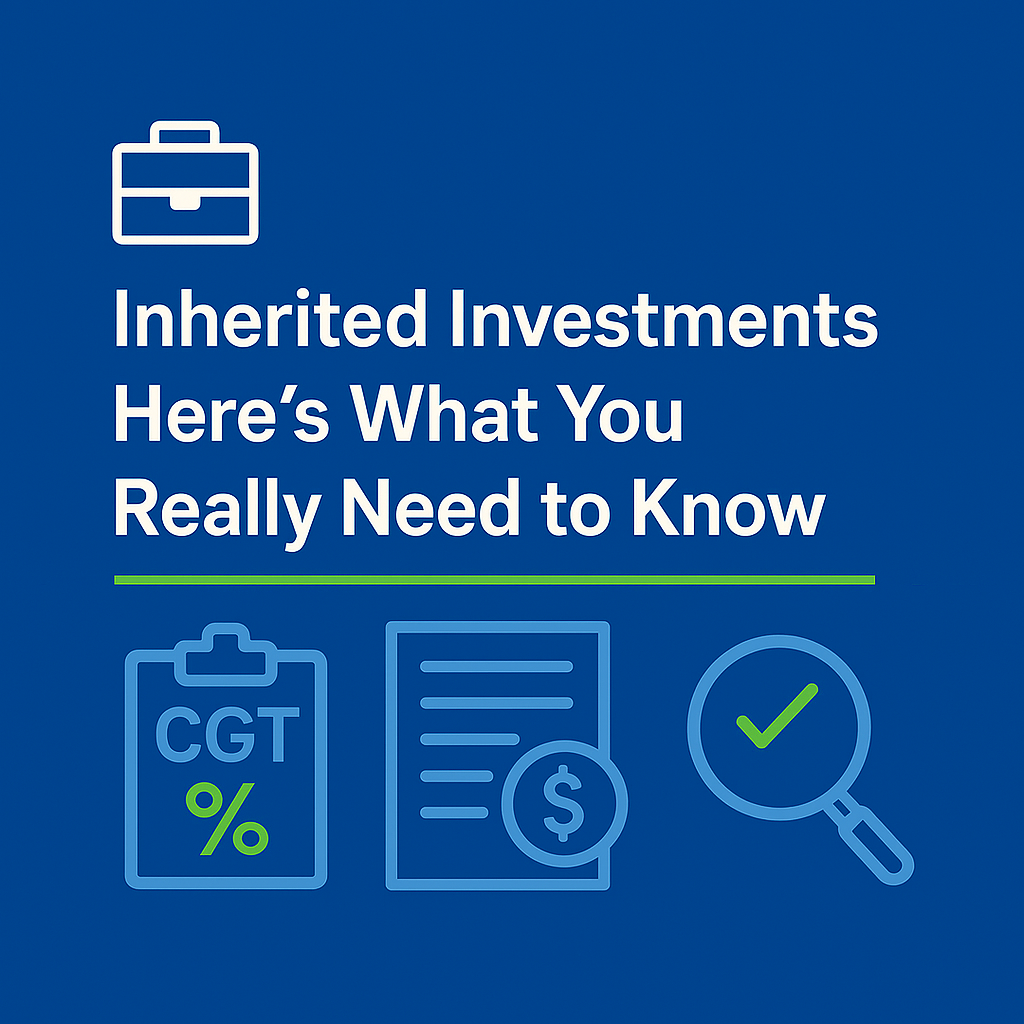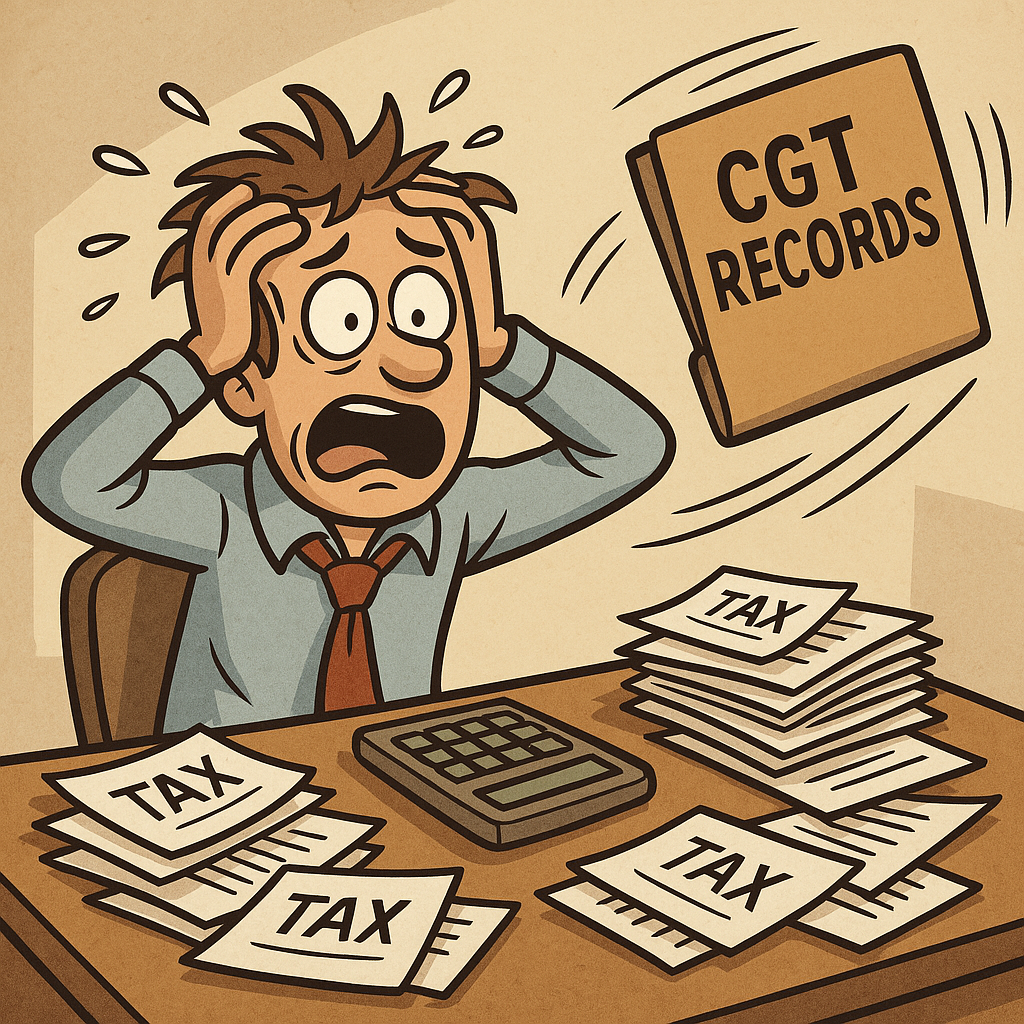Give yourself a super gift this Christmas
Give yourself the ultimate gift that doesn’t cost a thing – a super to-do list which is a gift that will benefit you now and in the future.
1. Consolidate your super
With over 10 million unintended multiple superannuation accounts, these multiple accounts are costing Australians an extra $690 million in duplicated administration fees and $1.9 billion in insurance premiums per year, which is eroding many Australians’ hard earned superannuation benefits. If you are one of these individuals with multiple superannuation accounts, there may be benefits to rolling your accounts onto one superannuation fund.
Consolidating your superannuation is now easier than ever, using ATO online services or your myGov account. If you’re not sure whether you might have other superannuation accounts, you can search for lost or unclaimed super via the ATO or by logging into your myGov account linked to the ATO and clicking on Manage my super.
However before you consolidate your funds, there are a few things you should do, such as:
-consider whether you have any insurance cover which may be lost when transferring benefits to a new fund, and
-check on other details such as fees, insurance premiums, variety of investment options available, performance data, and tax implications from consolidating your superannuation to ensure the transfer provides you with better value and meets your needs.
2. Review your investment strategy
Your superannuation fund trustee invests your money for you. Most funds allow you choose from a range of investment options, from conservative to growth. Take the time to check your investment options and decide what’s right for you. The options you choose can make a big difference to how your super grows between now and your retirement.
If you manage your own self-managed superannuation fund (SMSF), the super laws require you to prepare and implement an investment strategy for your SMSF and review the strategy regularly (ie, at least annually). Your investment strategy is effectively your plan for making, holding and realising assets consistent with your investment objectives and retirement goals. It also needs to set out why and how you’ve chosen to invest your retirement savings to meet the goals outlined in the strategy. Review your investment strategy to ensure it meets each member’s investment and retirement objectives.
3. Make extra contributions
Making small financial sacrifices and contributing to super over the years is key to long-term wealth. This long-term growth is due to the power of compounding interest. Superannuation uses compounding interest to grow your balance which will help you in retirement. If you’re an employee, your employer will pay 11% of your salary/wages into superannuation in 2023/24 that will benefit from compounding interest and grow until you reach retirement.
To boost the amount you’ll have saved at retirement, you may want to consider making additional contributions through salary sacrificing or making personal after-tax contributions to superannuation. However contribution caps must be considered to avoid exceeding the caps and paying extra tax.
4. Check your insurance
Insurance is another key aspect of your superannuation that you should review. Superannuation funds generally offer three types of insurance for their members, including life insurance, total and permanent disablement (TPD) insurance and income protection insurance, so it’s important to check whether you have any cover within your fund.
Some funds provide a default level of insurance as a standard inclusion when you open your account, but it’s worthwhile seeking advice to determine whether your current level of cover will adequately protect you and your family in the event of injury, illness or death.
5. Check your beneficiary nominations
Despite what many people may think, superannuation is not an estate asset which means on death it does not automatically flow to your estate. This means that your Will does not typically deal with your superannuation benefits.
To make sure your superannuation is distributed to the right people, you should nominate a valid beneficiary. If you don’t nominate a beneficiary or you have an invalid nomination (i.e., because your nominated beneficiary does not meet the definition of a superannuation law dependant at the time of your death), your superannuation fund may decide who receives your superannuation money, regardless of what you have in your Will. For this reason, it is important to regularly review your superannuation death benefit nominations* when your circumstances change to ensure it remains up to date and ends up in the hands of the right person(s).
Sleigh the super way
Superannuation is your money so it pays to take an active interest in your superannuation during your working years. Reviewing your current superannuation and making these simple changes can help boost the amount you have available for retirement over the long term.











